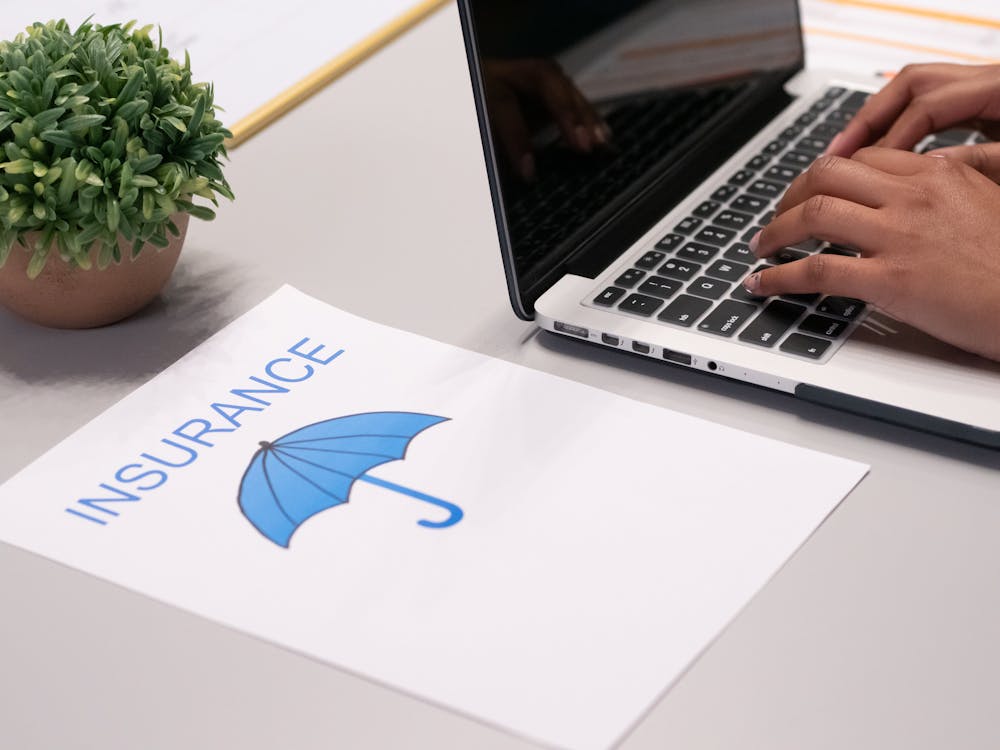According to the National Practitioner Data Bank (NPDB), adverse actions were taken on 18145 nursing licenses in 2021, affecting 140859 nurses. If the nursing board accuses you of wrongdoing like negligence, drug diversion, or alcoholism, you must defend yourself. Lawsuits and criminal complaints could ruin your career and future.
Do what thousands of nurses have done, and fight back with a comprehensive plan with the help of a nursing license defense attorney to provide the best chance of success. Read this guide to learn how to defend your nursing license.
1. Draft a Denial Letter to the Nursing Board
Table of Contents
Please read the letter sent to you by the nursing board carefully to understand their accusation. Next, draft a letter denying your guilt to the nursing board. The letter should be general and explain why you did not do what is alleged.
2. Collect Records and Gather Evidence
Your case will be dismissed if you fail to gather enough evidence. Evidence may include:
- Medical records verifying your treatment decisions
- Letters from patients who have had positive experiences with your care
- Letters from healthcare providers describing how they would recommend your services
- Incident reports
- A list of witnesses who will support your claims, such as other nurses, administrators, and patients
3. Work with a Lawyer to Determine the Best Defense Strategy
Ensure your attorney understands your case details. Explain what, when, why, and how it happened. It helps your attorney determine whether other potential defenses apply in your case.
For example, the common cause of nursing license revocation is failure to report an error or injury during an incident involving patient care. If the nurse doesn’t know about the mistakes made during patient care, the attorney might defend against the charges by arguing that there was no intent to harm anyone involved. If this happens, the state board will not revoke their license because there was no malicious intent.
4. Draft a Response Letter
After analyzing the evidence with your attorney, submit an affidavit outlining your side of the story and provide additional evidence that discredits their case. Send the document to the plaintiff’s attorney to review and prepare their arguments for a formal hearing.
5. Prepare for Formal Hearing
A defendant is entitled to a hearing when a plaintiff files a complaint. You will defend yourself before a nursing board consisting of a doctor, a nurse, and a consumer. They will decide if the charges against you should be upheld. If you are guilty of any violations, the panel can revoke or suspend your license.
When preparing for a hearing, understand what happened at work so you can provide a detailed account when questioned by officials from your state board.
6. Get Professional Liability Insurance

If you’re a nurse, there is always the risk of a lawsuit against you. It could be something that happened during a patient’s stay in the hospital or related to an injury they suffered while under your care. You may be liable for damages and legal fees if found negligent, even unintentional.
Professional liability insurance helps protect your assets from financial ruin. It covers the cost of defending yourself against lawsuits. If someone sues you for something related to your line of work as a nurse, this policy will pay for legal defense fees and expenses related to defending yourself in court.
7. You Can Defend Your Nursing License
Don’t panic when facing a nursing license suspension. Keep a level head about the situation and handle your case correctly. Ensure you have all the information for your defense. Talk to other nurses about their experiences with the board and what they found most helpful.
A lawyer’s expertise helps you make the right decisions when responding to allegations. Be as proactive as possible and keep your record clean.
- How To Create A Safe And Comfortable Home Environment For In-Home Care In Boca Raton? - July 16, 2024
- 10 Trendy Black Nail Ideas To Elevate Your Nail Game - May 6, 2024
- Getting A Free Divorce In Virginia? Here’s What To Expect - April 24, 2024





No Comments